Thriving, Brilliant, Brave, Sexy Activism: In Conversation with Darrah Teitel
Activism and drama have been a part of playwright Darrah Teitel’s life since she was a little kid.
Throughout her youth, Teitel appeared in the theatre. During rehearsals and waiting backstage, she began scribbling her ideas and scripts, with her first play produced at the tender age of eleven. At the same time — influenced by a strong sense of justice handed down from her family — the artist was also beginning to develop her social consciousness. In grade eight, she was suspended for staging a walkout in her elementary school over the student’s inability to influence their curriculum. For some, childhood predilections don’t really mean anything. You want to be an astronaut when you grow up and end up an accountant.
For Teitel, those childhood proclivities were paths forward for her life’s work.
Teitel has found significant success in both theatre and social justice. The playwright spent years working on Parliament Hill and currently serves as a labour organizer for the Amalgamated Transit Union. She has also won numerous awards for her scripts, including the 2011 Canadian Jewish Playwriting Award and the 2007 Canadian Peace Play Prize. And while there are certainly intersections between the themes of her theatre and her politics, each serves different purposes in her life.
“Art and politics have similar skill sets. Building narratives and telling stories to an audience for a purpose. But there are huge differences between my art and my campaign work,” said Teitel in an interview. “In politics you really need everybody chanting similar messages. It’s sort of flattening and simplifying your point. You’re trying to have the most…people understand it, absorb it, and hopefully take it forward into action.”
“Art provides me the space and breadth to express nuance and grey zones,” she continued. “It lets me portray things from a much more complicated and human perspective. I have a great necessity for both things.”
Art provides me the space and breadth to express nuance and grey zones.
Those nuances, coupled with strong character work, are some of the reasons Teitel’s writing has resonated with audiences. Often when theatre is politically charged, shows lose sight of form and story for the sake of getting their message across. And while Teitel would never deny that her worldview is present in the writing, it’s not the sole focus of the work.
“If I was trying to change the world, Canadian theatre spaces are probably not the most efficient way to do that..but the liveness of theatre and the beautiful communal experience just cannot be replicated anywhere else. That’s part of my drive on Earth, to bring people together. I draw a lot of strength and nourishment from being in rooms with other people, which is sort of what the new play is about.”
Teitel’s latest work, Forever Young: A Ghetto Story, opens on November 8 at the Great Canadian Theatre Company in Ottawa. The show is based on the real-life events of the Warsaw Ghetto Uprising in 1943. The uprising was the single largest revolt by Jews during World War II, with a resistance group battling back against their Nazi oppressors.
While it’s tempting to read the show and its timing as the playwright’s response to the rise of anti-Semitism across North America and Europe, for her it was a chance to explore the way we can come together in extreme circumstances. It’s easy to think of historical events as these monoliths both in terms of their emotional tenor and circumstances.
But all of these things happened to humans with hopes, flaws, and desires.
“I was driven to make something about the joy of solidarity. I wanted to make something about the thriving, brilliant, brave, sexy use of activism. I want to steer people away from the compounding hopelessness of the existential threats before us as a species. With COVID and given what climate change is, I want to inspire people to take heart and take each other. And I can think of nothing better to express that than through the youth, beauty, brilliance, and humour of young activists. Especially good socialist activists and their bravery in the face of hopelessness.”
I want my characters to feel whole and really flawed.
With audiences knowing how the story ends, they might assume that the play’s genre — which Teitel describes as Holocaust fiction — is bound to the weight of catastrophe. Without losing sight of the serious subject matter, the playwright paints her characters with humour and sexuality as a reminder that what we think of as politics is always just people.
“I’m bringing people into this play, hoping that they laugh, they’re turned on, and that they feel confused and conflicted. I want these characters to feel whole and really flawed. But at the same time, they did something. There are billions of dollars spent on Hollywood movies and television that’s poured into our completely desolate impressions of a dystopian capitalist future. We spend very little time imagining the joy that a potentially socialist post-revolution might bring us. There are lessons to be taught when we recognize how close humanity came to those kinds of utopian moments throughout history. Knowing how the story ends, it’s pretty goddamn depressing. But it’s important for us to remember that they were people standing up for their ideas and that they were close to something different.”
That message isn’t going to be spelled out or shouted at the audience, but spending time in those kinds of worlds might allow the ideas to sink in an entirely different way. It’s why Teitel turns to art.
Tickets for Forever Young: A Ghetto Story are available here.

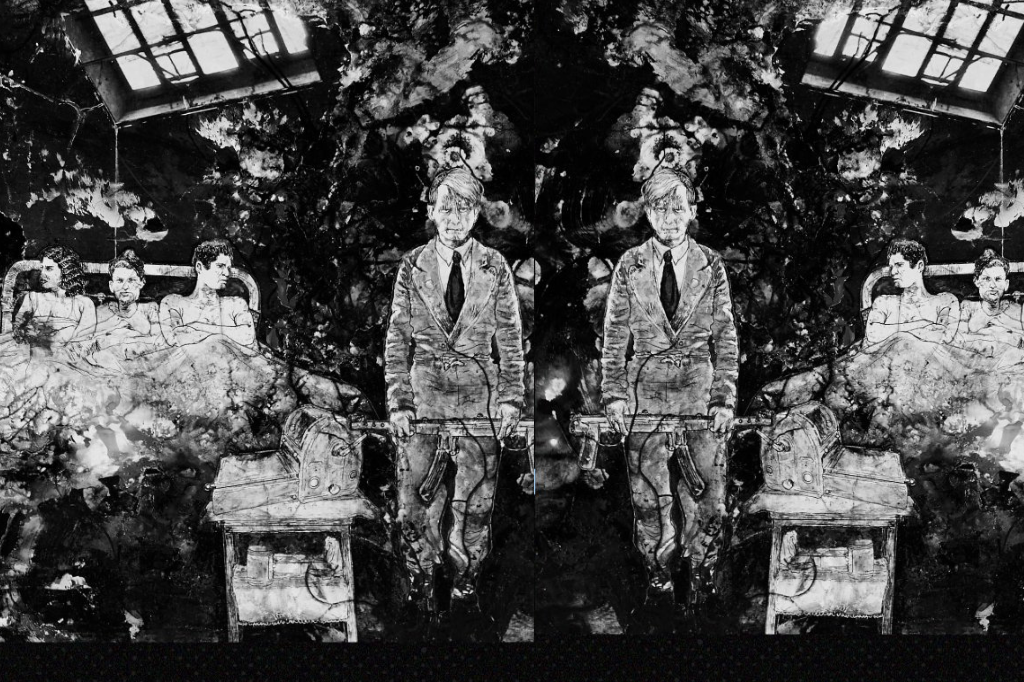
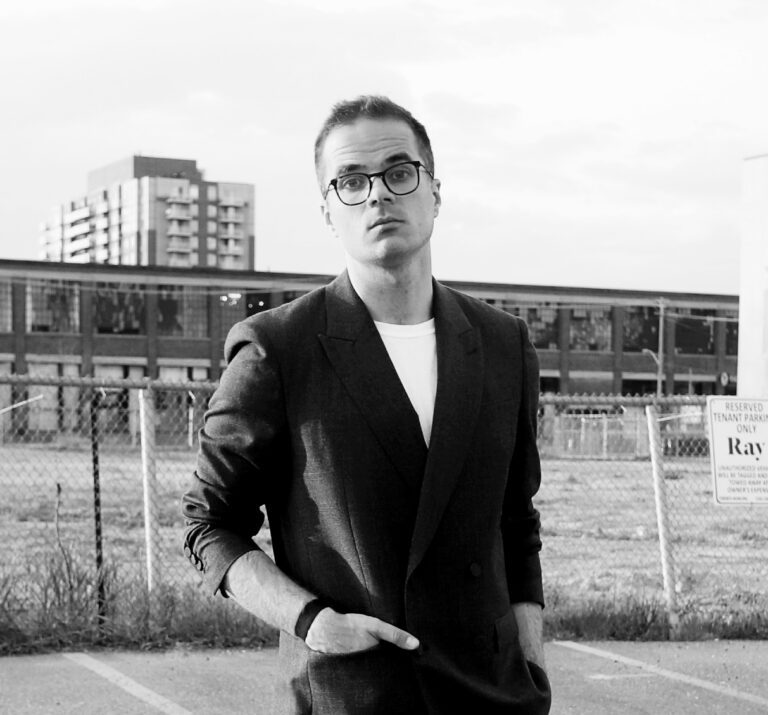






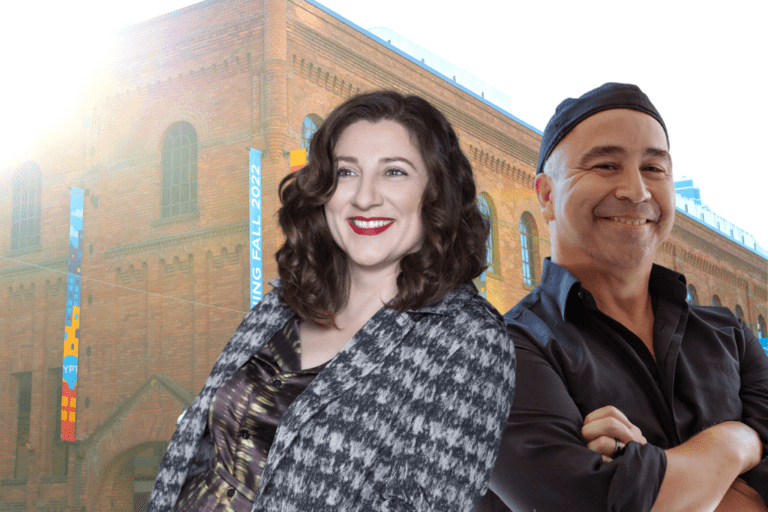

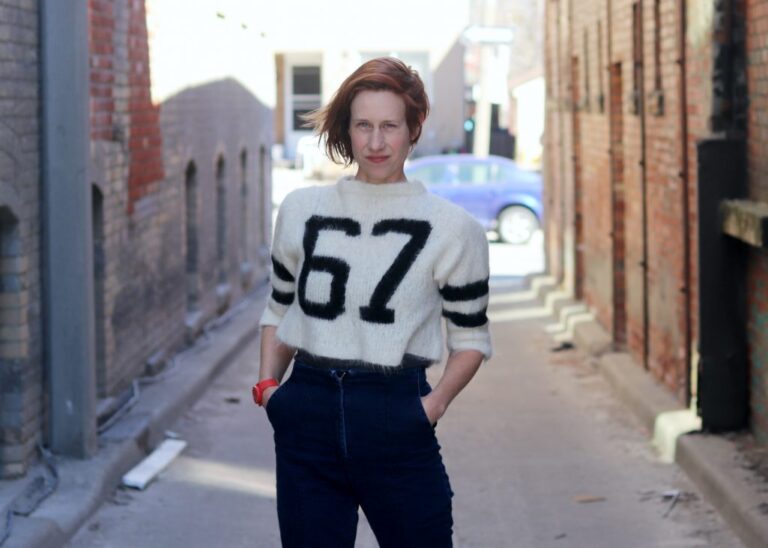
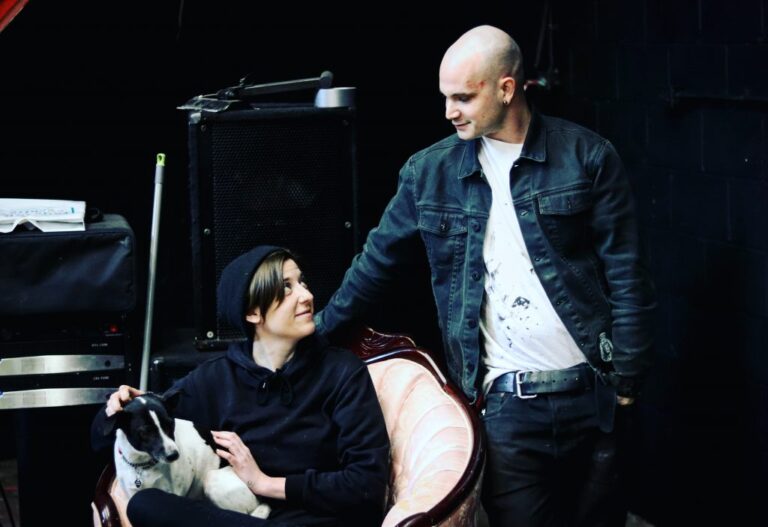
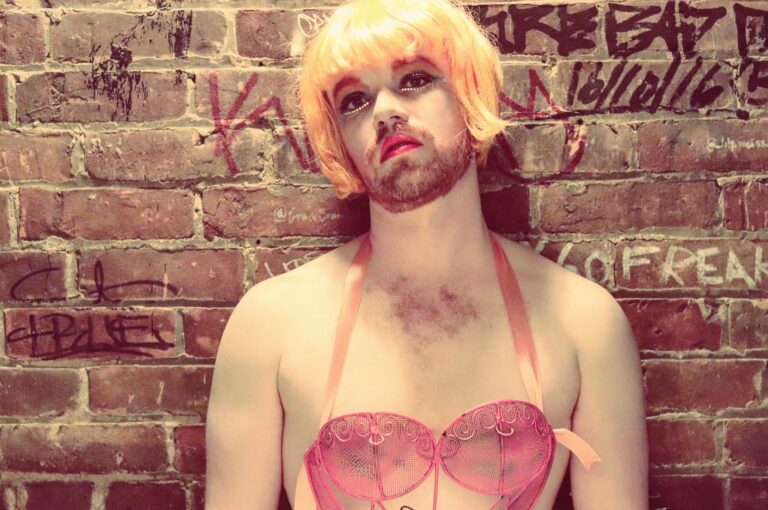

Comments